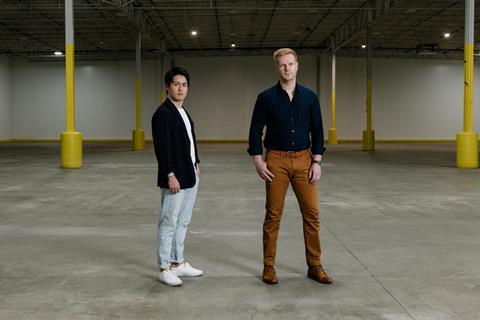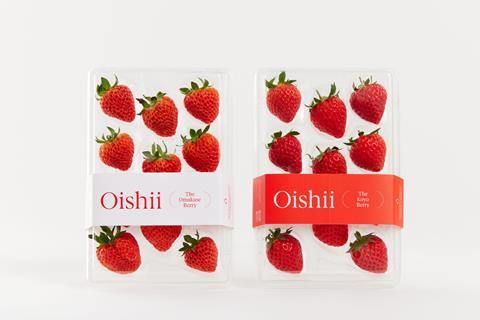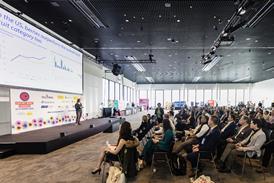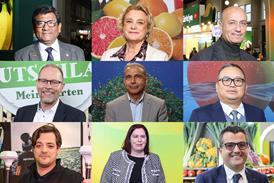Company says investment will enable it to expand its strawberry and tomato production capacity and invest in new technology like robots

US-based vertical farming group Oishii has bucked the recent downward trend in venture capital investment in controlled environment agriculture after it raised US$134m in Series B funding.
That figure represents a dramatic funding increase for the company, which has now raised US$189m since it was started in 2016. “This capital will help us pave the way for mainstream adoption of vertical farming in the US,” commented CEO and co-founder Hiroki Koga.
A recent trend report produced by Fruitnet and published by Fruit Logistica underlined the serious challenges that vertical farm projects now face as investor interest in such companies has cooled over the past 18 months.
Once heralded as the answer to growing demand for fresh fruit and vegetables grown closer to major urban centres, spiralling costs and a lack of buyer interest have caused many vertical farms go out of business.
But Koga said he believed Oishii’s own vertical farming model still had a bright future.
“By focusing on investing further in our engineering talent and tech, we are able to deliver a strong pathway to profitability through innovation,” he said. “For example, we are the only indoor vertical farm company in the US to pollinate our produce with bees and produce at scale – a feat that was previously thought to be impossible.”

According to a report on the AgFunder News website, Oishii will use the money for various things, including a new, solar-powered farm, market expansion, and R&D projects focused on new varieties and automation.
Reckoned to be “the world’s largest indoor vertical strawberry farm”, the group’s production centre in Jersey City currently grows two types of premium strawberry – Omakase and Koyo – as well as Rubī tomatoes. These are sold in limited volumes through online retailer FreshDirect and in selected branches of Whole Foods.






